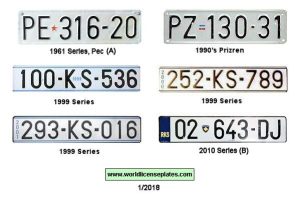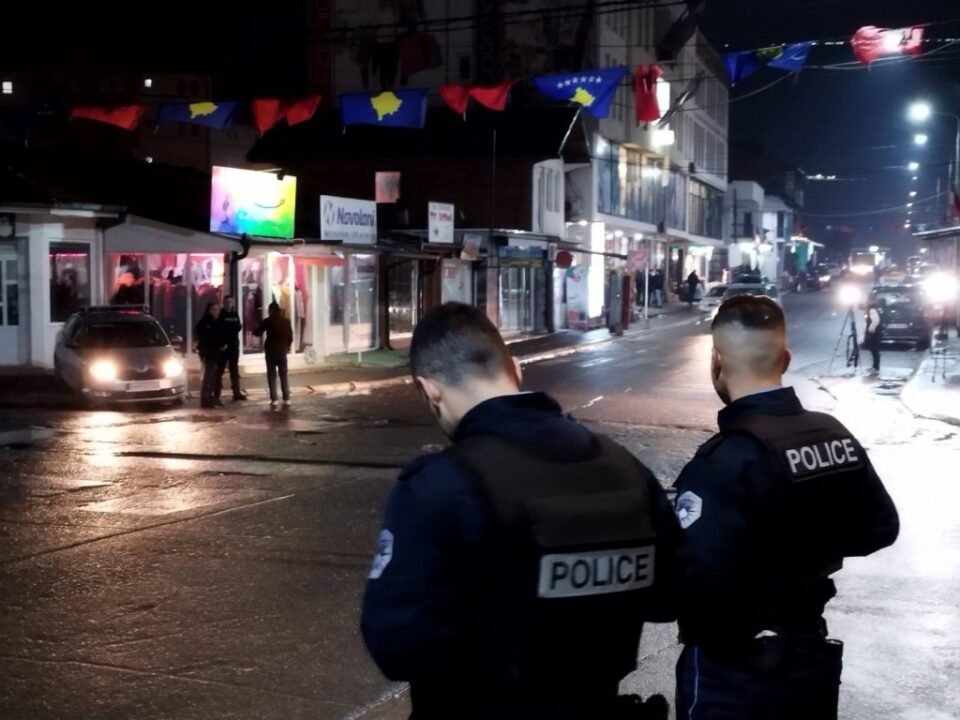Tensions continue to mount between Kosovo and Serbia, pushing the two countries closer to a potential conflict.
On Thursday, Albanian-Kosovar officials deployed special police forces to Serb-majority municipalities in northern Kosovo “to provide security for all citizens” as snap elections are set to begin following the mass resignation of ethnic-Serb officials in response to the proposed Serbian license plate ban. The presence of Albanian-Kosovar forces in Serb-majority neighborhoods unsurprisingly led to a flare up of tensions. At least one Kosovar police officer was wounded Thursday night when ethnic-Serb locals opened fire on a patrol car.
More than 200 armed police officers from Kosovo, escorted by armored vehicles tonight entered northern Mitrovica, which is inhabited mainly by Serbs.
The Serbs claim that this is a violation an arrangement and say they will send their own police forces. pic.twitter.com/4R4Lw1UgvB
— Visegrád 24 (@visegrad24) December 8, 2022
Serbian Prime Minister Ana Brnabic threatened to deploy Serbian forces into Kosovo, saying that “We are close to requesting the return of our forces to Kosovo under Resolution 1244, because [NATO] KFOR is not doing its job,” adding that “Serbs [in northern Kosovo] do not feel safe and are physically and life threatened.”
Kosovo Prime Minister Albin Kurti responded by telling the Associated Press that “Kosovo is an independent and sovereign country. Any act that aims at violating that, is an act of aggression.” Kosovo President Vjosa Osmani added that “no Serb soldier or police officer would set foot on Kosovo’s soil again.”
?? More than 200 armed commandos of the #Kosovo police, accompanied by armored vehicles, entered Northern Mitrovica, where the majority of Serbs live. According to media reports, special forces are there to ensure security. pic.twitter.com/wkfixAIXPm
— Mete Sohtao?lu (@metesohtaoglu) December 9, 2022
To understand the dispute, we need to look at a very brief history of Kosovo and Serbia ethnic relations regarding the dispute. Kosovo, which is majority ethnic-Albanian, declared independence from Serbia back in 2008, which Serbia rejected as illegal. Kosovo’s Serbian ethnic minority is still predominantly loyal to Belgrade and also rejects Kosovo’s independence. In recent years, Kosovo’s government has sought to ban Serbian license plates issued before 1999, which are almost exclusively used by ethnic Serbs, and only allow license plates issued by the United Nations Interim Administration Mission in Kosovo (UNMIK) from 1999 to 2010 or Kosovo “RKS” license plates issued from 2011 and onward. Likewise, Serbia does not accept vehicles with RKS plates to cross the border, which are used primarily by ethnic Albanians.

Political and ethnic tensions skyrocketed as Kosovo attempted to move forward in banning Serbian license plates and issuing fines for those who do not comply. To protest attempts to ban the license plates, ethnic Serbian police officers, judges, and government officials in Serb-majority municipalities in Kosovo resigned en masse in protest. The resignations have spurred fears of increased ethnic violence and political volatility.
Last month, a European Union brokered emergency meeting between Kosovo and Serbia failed to resolve the license plate dispute. During the meeting, the EU proposed a solution that would involve Kosovo not punishing ethnic Serbs who continued to use Serbian plates while Serbia would cease issuing them in Serb majority areas of Kosovo. This proposal was accepted by Serbian President Aleksandar Vucic, but rejected by Kosovo Prime Minister Albin Kurti. While the exact details of the meeting are unknown, Borrell noted the two officials’ “lack of respect for their international legal obligations.”


